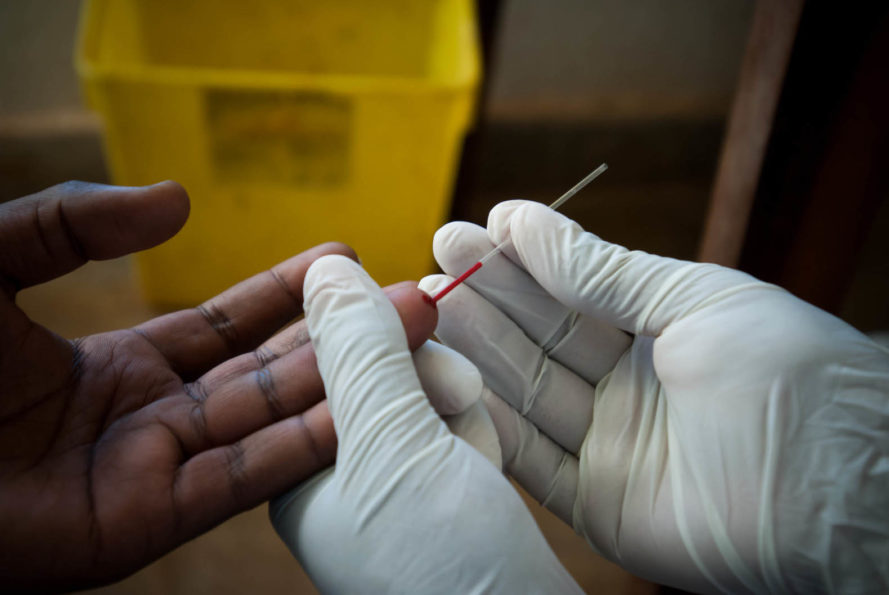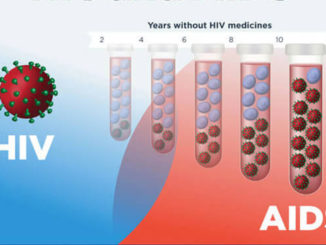
Scientists may be getting closer to finding an effective way to prevent transmission of the human immunodeficiency virus (HIV), the virus that leads to acquired immunodeficiency syndrome (AIDS). After decades of research, the National Institute of Allergies and Infectious Diseases (NIAID) announced a “remarkable” breakthrough in prevention and treatment of the highly contagious disease. They successfully isolated an antibody from an HIV-infected patient that, in lab tests, neutralized 98 percent of HIV strains, including up to 20 that were resistant to other antibodies of the same class. The antibody, named N6, could someday unlock the key to future treatments or prevention methods.
The federal health agency’s announcement came last week, and although the discovery is the result of extensive research, it also marks a new beginning. Led by Mark Connors, M.D., the research team is already tracking the evolution of the N6 antibody over time in order to better understand how it developed its strain-neutralizing powers. By understanding its past, scientists hope to pave a quicker path to the design of vaccines that could potentially protect people from acquiring the virus in the first place.
Related: 44-year-old British man could be first to receive HIV cure
Despite this early stage of discovery, researchers are optimistic that N6 can provide a level of protection that existing treatments cannot. Compared to other treatments, N6’s increased potency may translate into more durable prevention and treatment benefits. It may also be suitable for administering subcutaneously (into the fatty layer beneath the skin) rather than intravenously like VRC01, the current frontrunner in the race for HIV prevention. Because N6 has demonstrated its ability to wipe out 98 percent of HIV strains, it makes for a more aggressive treatment as well.
Via NIAID/NIH
Images via NIAID and UNICEF/Flickr
END


Be the first to comment